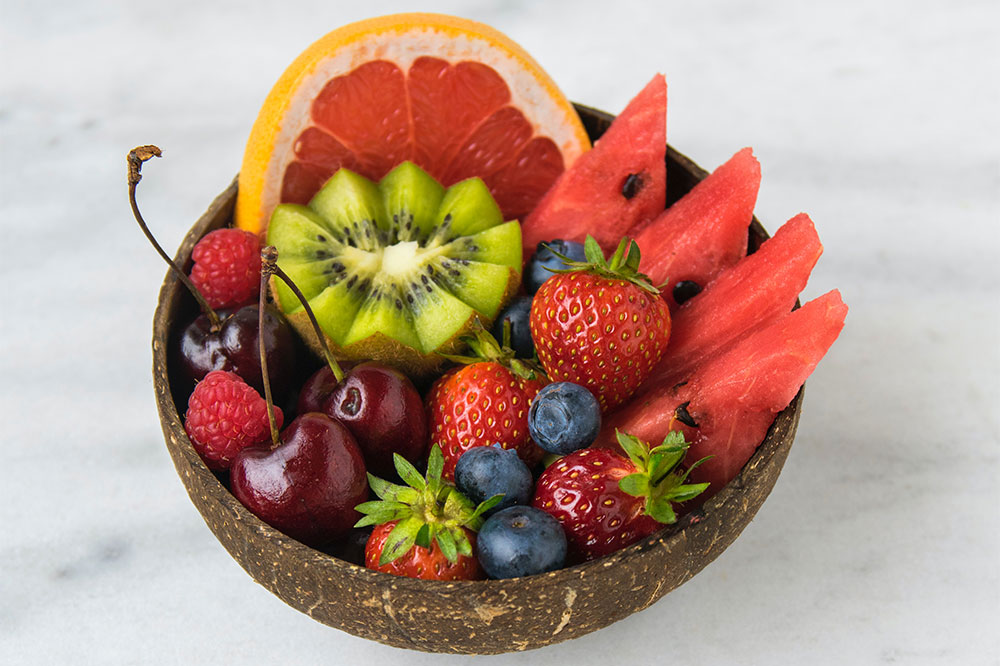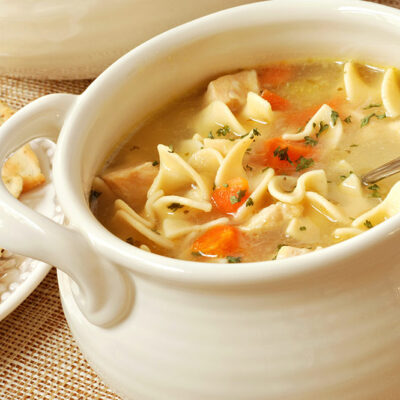
6 Gout-Friendly Superfoods
A build-up of uric acid in the joints leads to a condition called gout, a form of arthritis. Our body produces uric acid due to a breakdown of a substance called purine, found in many foods. To avoid triggering the condition or worsening an existing case, it is best to avoid purine-rich foods. Alternatively, you can consume anti-inflammatory foods for gout.
6 anti-inflammatory foods for gout
1. Low-fat and non-dairy fat products, such as yogurt and skim milk
Dairy products like low-fat yoghurt, low-fat cottage cheese, and skimmed milk may have a role in reducing the risk of gout. They have low purine levels and add protein to the diet. They are especially good to add to your diet if you are trying to reduce meat, poultry, and fish intake.
2. Fruits and vegetables
Most fruits and vegetables have low purine content, but it is especially beneficial to have vitamin C rich options (500 g or more). These include broccoli, grapefruit, oranges, cherries, and red bell peppers. It is recommended to take at least five portions of one of the items per day. You can also replace the meat in your casseroles and stews with vegetables to avoid meat as it is high in purines. Pineapple is another great choice as it contains bromelain, an enzyme known to reduce inflammation and pain.
3. Legumes
Legumes are good anti-inflammatory foods for gout. Lentils, beans and peas may be high in purines, but they do not increase gout risk as per a research study. This may be because beans have high protein and fiber content but do not have saturated fats. Having vitamin C along with meals can help in better absorption of iron.
4. Nuts
A handful of nuts, such as walnuts or almonds, added to your daily diet can be excellent anti-inflammatory foods for gout. Nuts, including peanut butter and grains, provide the benefits of proteins without the harmful effects of purines. They are rich in healthy unsaturated fats and keep hunger pangs at bay.
5. Omega 3 fatty acids
People who are at risk of gout should avoid eating too much fatty fish like mackerel. However, the food item contains plenty of omega 3 fatty acids, so a moderate amount of 4 to 6 ounces can provide required anti-inflammatory benefits.
6. Carbohydrates
Starch-rich carbohydrates such as potatoes, rice, pasta, bread, quinoa, barley, and oats should be a part of each meal. It is best to have whole grains as the purine content in such food items is lower.
Maintaining a diet low in purine is crucial for reducing the risk of a gout attack. If there are any doubts about following a certain diet, it is best to consult a doctor and a nutritionist for expert advice.


